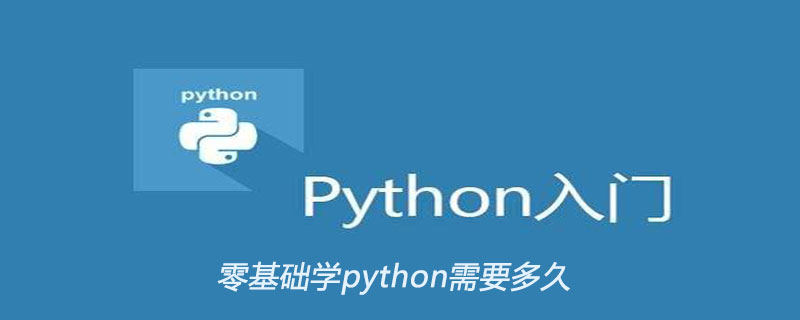

1: Clarify your learning goals. No matter what kind of knowledge we learn, we must have a clear understanding of our learning goals. Only in this way can we continue to move toward the goal, avoid detours, improve in the learning process, and enjoy the fun of learning as a whole.
2: Basic Python learning.
Understand what Python is and what can you do?
Know what variables, algorithms, and interpreters are
Python basic data types
List and tuple operation methods
String operation methods
Basic dictionary operation methods
You can take the next step after mastering the above. If you encounter something you don’t know, you can look it up online, or read books, notes, and some basic learning videos.
3. Master any knowledge of Python’s conditions, loops and related execution statements. Its basic knowledge is a bit boring. Now we can start doing some logical things. Master the use of if, else, elif, while, for, continue, break and list comprehensions, as well as exception handling in programs.
4. Object-oriented knowledge Object-oriented OOP, higher-level Python program structure, code reuse to avoid code redundancy, packaging your code, function parameters, scope, etc. Classes can help us reduce a lot of development time and improve programming efficiency, which is very critical for medium and large projects.
5. Project Practice At this stage, we must do more hands-on practice. We must always believe that our practice is the only criterion for testing truth. Find and handle errors and anomalies encountered in the process, and search online when encountering problems. .
The above is the detailed content of How long does it take to learn python from scratch?. For more information, please follow other related articles on the PHP Chinese website!